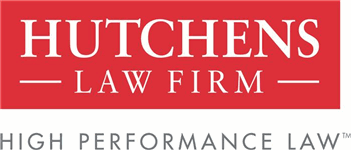Best Lawyers Near You in Des Moines, Iowa for Mortgage Banking Foreclosure Law
Practice Area Overview
In practice, mortgage banking foreclosure attorneys provide legal services to lender and servicing clients on a wide variety of issues encompassing real property law, civil litigation in state and federal courts, bankruptcy and administrative courts. Specific legal tasks include everything from title searches, loan closings, foreclosure processing, bankruptcy processing, litigation, as well as, practice in administrative courts and agencies in both state and federal courts.
Attorneys in this area may have general experience in real property, bankruptcy, and litigation, and can specialize in these fields, but must have the ability to work within all of these areas of practice. Attorneys in this practice area also must be well versed in federal laws and regulations, including but not limited to, the Fair Debt Collection Practices Act, the Service-member Civil Relief Act, and the Protecting Tenants at Foreclosure Act of 2009, as well as, GSE guidelines, CFPB regulations and mandates, and consumer initiated litigation arising out of mortgage loan transactions, and mortgage loan servicing activities. Attorneys also must be familiar with investor and agency regulations and guidelines and the applicable provisions of national settlements involving banks and servicers to both provide clients advice on these matters and to ensure timely compliance with regulations, statute, agency guidelines, and national settlement standards effectively.
Finally, with the advent of mandatory GSE review of the qualifications of law firms providing default legal services on GSE owned loans, it is imperative that a lawyer in this area of practice not only be able to demonstrate his competency as a lawyer, but also be able to prove, among other things, that his firm has adequate staff and attorney to file ratios, possesses suitable technology/software to accommodate legal functions and safeguard confidential information, is able to satisfy reporting requirements, has established internal quality control policies and is financially stable.
Chris Salyer Phil Heller Lauren Thurmond Hutchens Law Firm

Lawyers who have a subscription to profiles appear first.
Would you like to claim your lawyer profile?
Contact Us

Our Methodology
Recognition by Best Lawyers is based entirely on peer review. Our methodology is designed to capture, as accurately as possible, the consensus opinion of leading lawyers about the professional abilities of their colleagues within the same geographical area and legal practice area.
The Process
Best Lawyers employs a sophisticated, conscientious, rational, and transparent survey process designed to elicit meaningful and substantive evaluations of the quality of legal services. Our belief has always been that the quality of a peer review survey is directly related to the quality of the voters.
